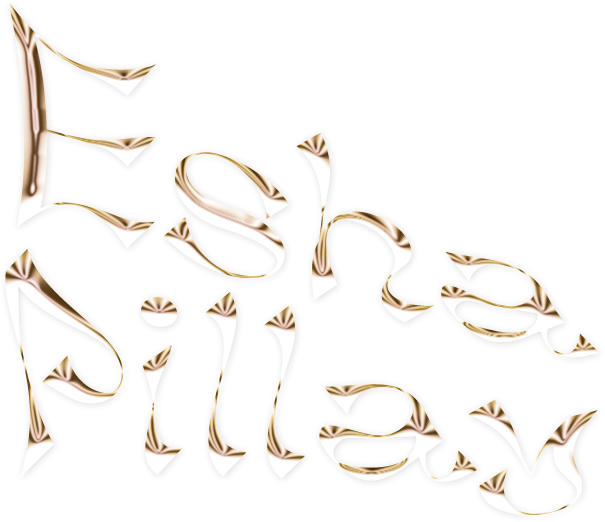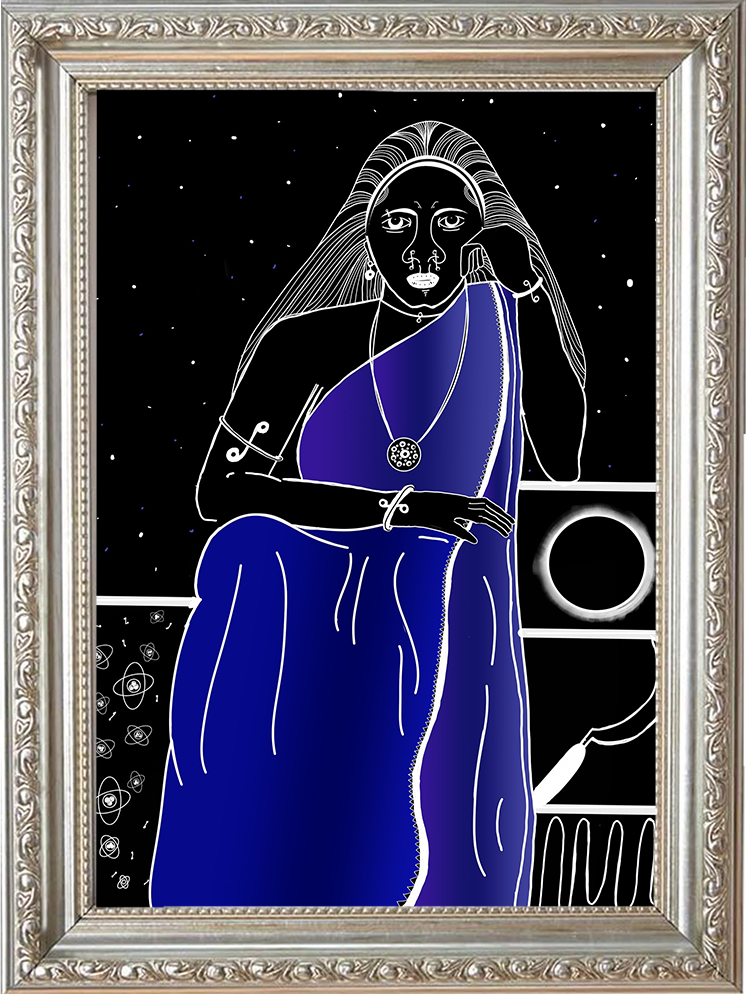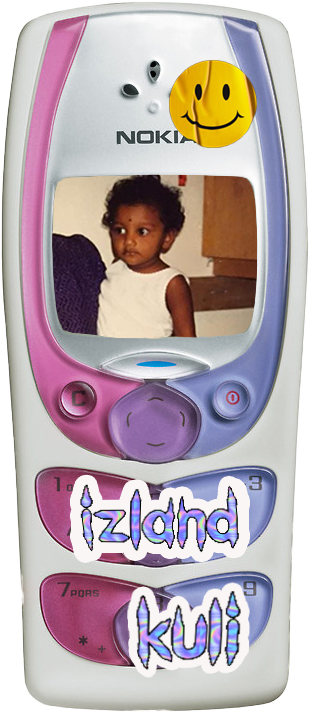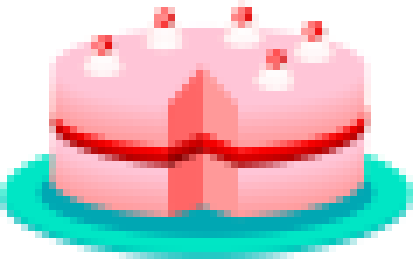


> This is something I've also seen in other coolie communities, where when you come from that history, there is definitely a lot of shame attached to it too.
she/her

It’s that mentality of we have to work, we have to go to school, they're always trying to work their way out of coming from that history. So that's how I saw it when I was younger. It was only when I was older that I became very determined to learn more about the history and become clear on how I was identifying and even how I was telling the history to other people. Part of this was going to London for grad school. My master's thesis was about intergenerational trauma in the Indo-Fijian community and that’s when I was able to very specifically focus on Fiji and dive into the history very deeply for the first time. It’s also now that I was asking my family members specific questions, and it's getting a bit uncomfortable because we haven't talked about so many things for so long. That’s also when I said, you know what? I want to share this stuff with other people. So I started an Instagram page to share different histories in relation to indentured labour, especially because there are also so many differences depending on your own context.
Growing up, when my family moved to the suburbs of Northern California, that was a bit difficult because we were in a very white area. And then on top of that, I faced a lot of pushback and racism from South Asians, and I will specifically say it's Indians who had caste privilege or who came from dominant castes. They really added on to that erasure. It's one thing to explain a history to them, but it’s another to face racism, making fun, the caste system, classism...All of those things were layered onto this and it pushed me into being like, OK, maybe I shouldn't talk about this and just try to fit in where I can. At the time, I didn't understand how casteism was functioning, because in the Fijian context growing up, a lot of people will talk about how we're post-caste, because we're in Fiji, we’re not in India. At the same time, I heard how my family was facing casteism from other Indo-Fijians. So I was getting mixed messages.
> In reality, caste violence was something that was active on the plantations during the colonial time, and has carried over into our present day communities.
And I think I was getting those messages from my family because it was also a survival thing: they were experiencing it, but they were downplaying a lot of the stuff.
So I felt the most profound impact when I found community with other folks from South Asia who come from oppressed caste backgrounds. It changed my life because most of the South Asians I grew up with, whether it was in high school or the ones that I met in college, were from upper/oppressor caste backgrounds. When I moved to Boston, I was finally meeting people who are talking about caste violence or how casteism looks in so many different forms. Just meeting other Dalit people and Dalit women really changed my life because I was better able to understand my own history and see why for so long I was having these issues with upper caste South Asians, and my family’s experiences in the context of Fiji as well. Finding the community that I was looking for has really propelled me to do a lot of the things that I'm doing now – and doing well.



TO ME, FIJI IS STILL HOME. When we came to the U.S., my parents tried to go back home for trips and we could only afford to go back every five years. Not going to Fiji for five years is a very long time. A lot would change between trips, and each time we’d come back, my sisters and I would be so sad, we would cry every single night for months because we missed Fiji so much. My parents would console us, but I don’t think I really understood what a big loss that was for me at the time. After my masters, I went back to Fiji by myself for the first time and that’s when I realised how much I belong there. With my mannerisms and the way that I am culturally...Fiji suits me.
Of course, once you’re there, there are additional problems, but I do want to go back and live there for a long time. Also, because of the access I’ve had in regards to education, and doing the Bad Fiji Gyals work I do, I think that stuff needs to be taken back to Fiji because that work will only get better there.
I think a big theme throughout everything is that by moving a lot, finding stability has been difficult for me. I've made really great friendships in all of these different places, but now, at this point in time, I find myself being very lonely and isolated. And then on top of that, it's also a pandemic. I’d recently read something about how queerness allowing you to find other possibilities of living while you're trying to survive is something that can give you hope, and that really resonated with me because I really, really believe in hope. So I think for me, sure, there's a level of marginalization with being queer in addition to my other identities. But I do think it has given me a lot of hope, especially during this time in my life when I feel so isolated and so lonely. I can only imagine for a better time, because, hopefully, it's coming.
Because I have talked about really complicated and personal things, about my history of being a descendant of indentured labor and being a descendant of Tamil coolies, I think my work really has inspired a lot of people. I keep sharing and I keep talking about these things because I can see how it helps other people be a bit more comfortable talking about it openly and question different things in their lives, like: why do people force us to be labeled as Indian or why do they want us to be South Asian so much but not really understand our specific histories, even within a larger history of indentured labor, or appreciate the different backgrounds that we do come from?

ESHA PILLAY (she/her) is a writer whose research focuses on intergenerational traumas among Indo-Fijian communities, the connection between the colonial violence of indentured histories and present-day traumas, and the function of caste violence throughout Girmit. She’s also one half of Bad Fiji Gyals, a collective committed to sharing stories and cultural knowledge to uncover and learn about indentured labour. You can check out Bad Fiji Gyals here and you can explore her other work here.
> Being messy and complicated and just letting people deal with that, I think that's what I want to be my legacy to be.


I WAS BORN in Lautoka in Fiji, and I came to the U.S. as a child in the mid 90s. We came over from Fiji on a lottery visa. Lottery visas are given to countries where there are lower immigration rates to the U.S. People have different background stories, but for me, my parents wouldn't have been considered “highly” skilled immigrants. They both had working experience though. My father has only completed high school, and my mother didn't finish high school in Fiji. The only reason they applied for a lottery visa was because of what was happening in Fiji at that time.
It’s a country run by the military, and we’ve had a lot of military coups that have to do with the ongoing political tensions between the different communities in Fiji, but also our history of colonialism. So in light of that, in the late 80s, a lot of Indo-Fijians were emigrating. Once we got the lottery visa, we came to live in San Bruno, California, which is where a lot of the Indo-Fijians I know tend to settle when they arrive to the U.S., because that’s their first stop. So in the first part of my childhood, I grew up around other Indo-Fijians and Islanders, which was really positive for me.
GROWING UP, my parents used to have parties almost every weekend. It was a working class community, so these were not fancy parties. But it was just a space and time where Indo-Fijians in our community would come together. In fact, there were always people in our home. We lived in a two-bedroom apartment, and it was me and my sister at the time, along with my grandma and parents, and later on, I had another sister. Plus we always had people that my family were housing, like recent immigrants coming from Fiji or other people who were just like, hey, we needed a place to stay. I think that really formed my sense of community and responsibility to help other people.
I ALWAYS KNEW I was from Fiji, that was very clear. I did not know much about the history of indentured labor, but I would hear stories (which were rare) about some great, great grandparents and how they came to Fiji. I also knew that we had some connection to India. My family strongly identifies as Madraji, which means of South Indian descent in Fiji. So I knew all of that, but it wasn't really talked about so openly, and there’s also so many histories we don’t know much about.
